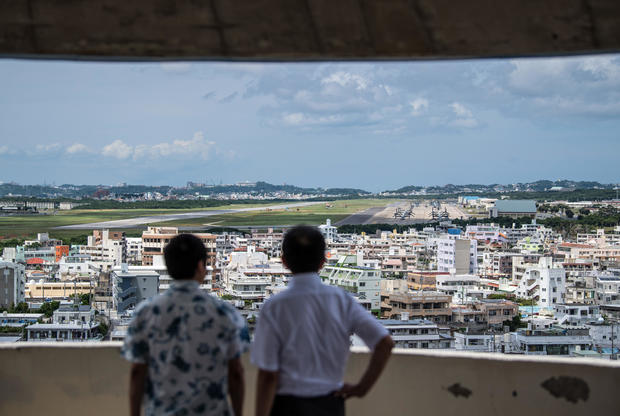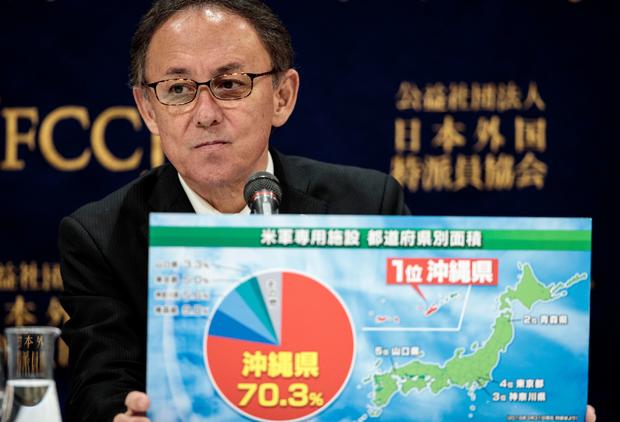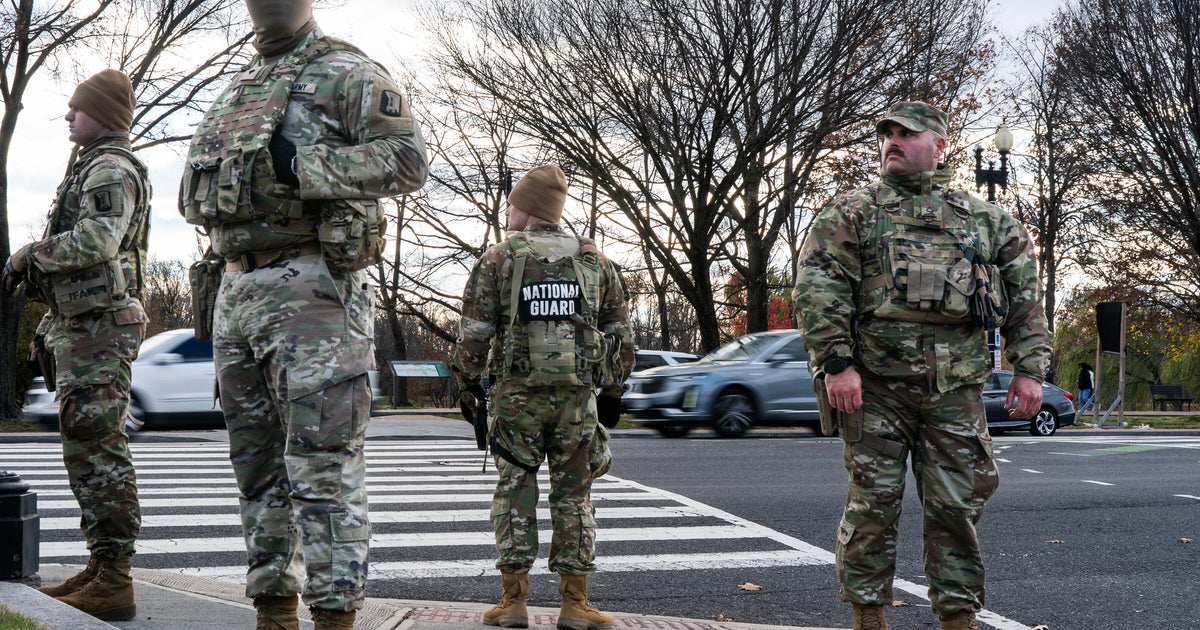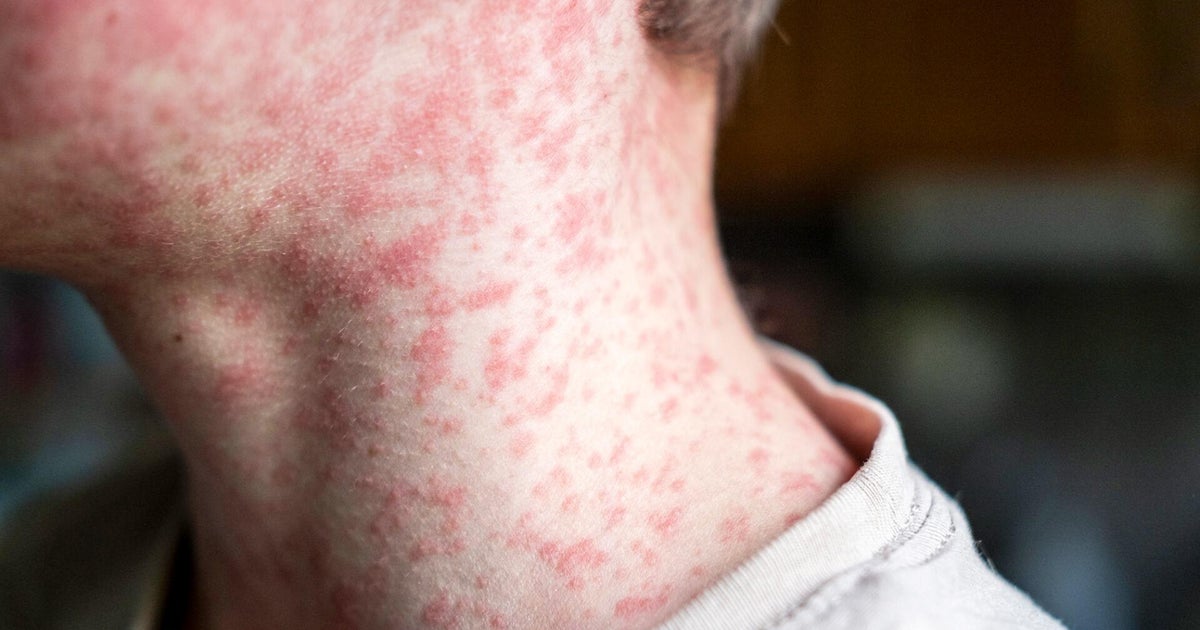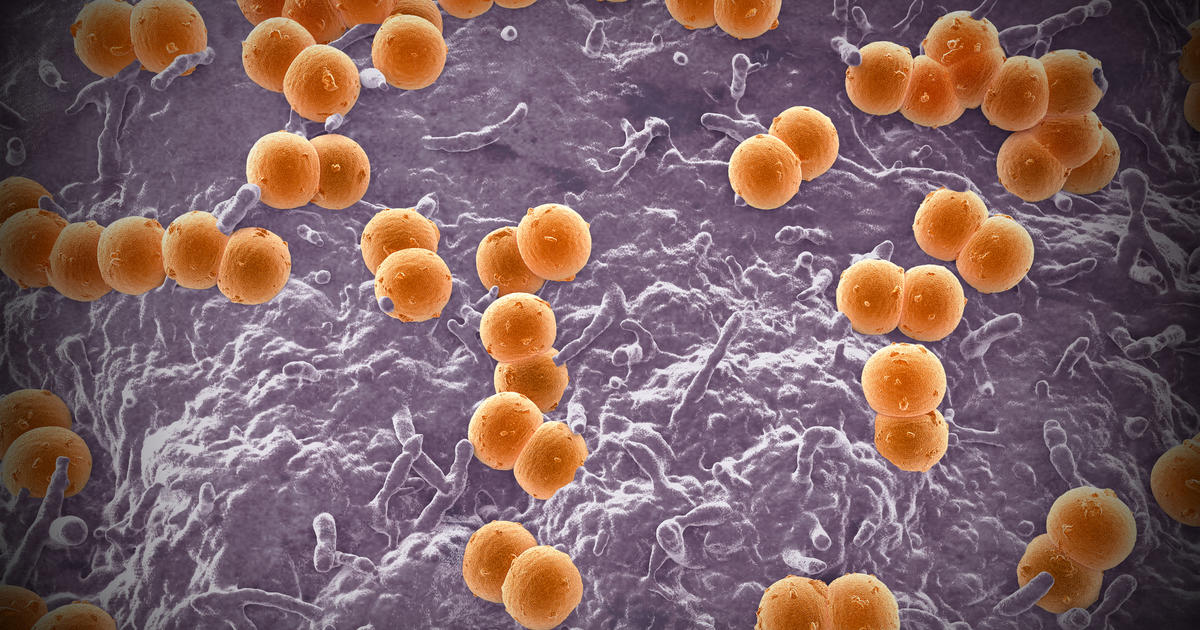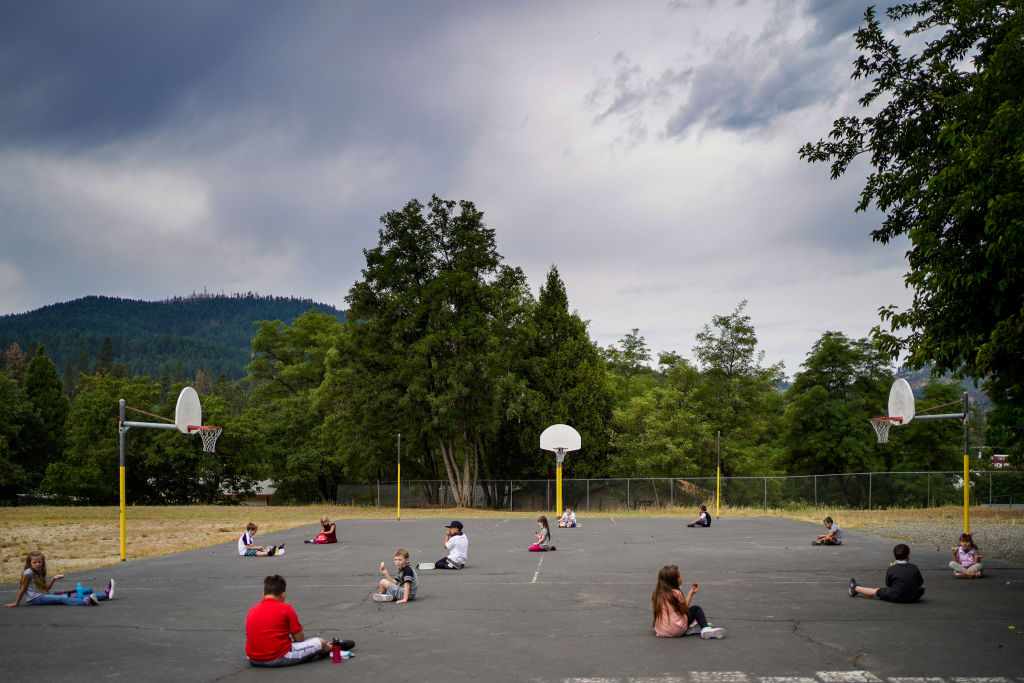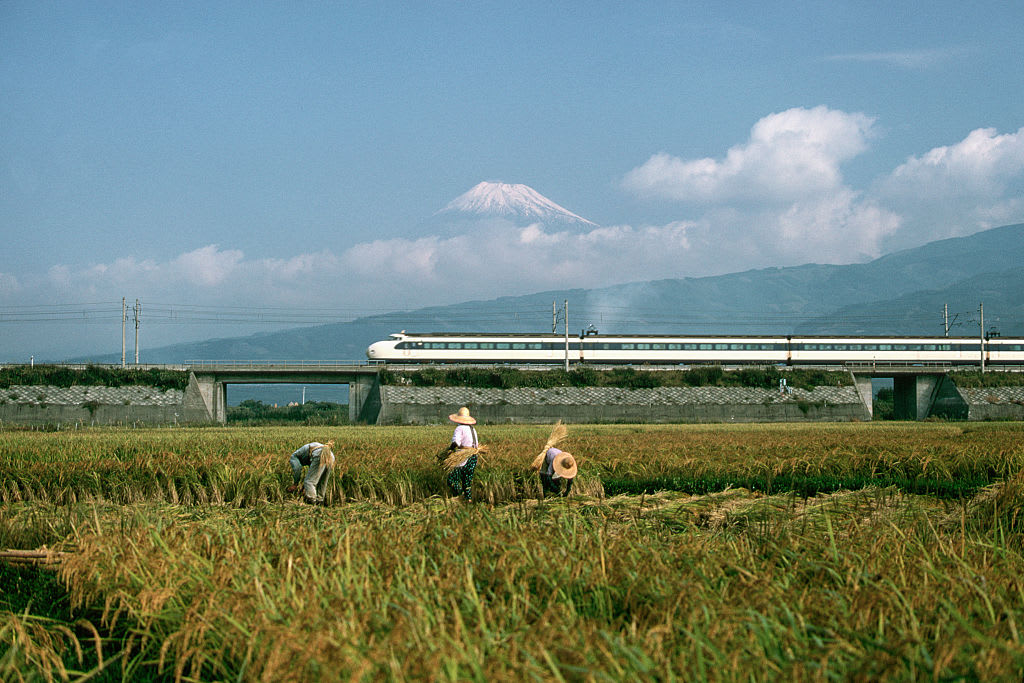Coronavirus outbreak on U.S. bases in Okinawa grows, fueling anger in Japan
Tokyo — Japanese officials continued to voice concern Tuesday over the measures taken by the large U.S. military contingent on the island of Okinawa to control the spread of the new coronavirus, as the number of confirmed COVID-19 cases among American personnel climbed toward 100. The outbreak has fueled long-simmering tension between the local population and the U.S. military in Okinawa.
With 99 cases confirmed on five different U.S. bases, the COVID-19 surge in Okinawa represents the largest outbreak reported by the American military in Asia since the pandemic started, and local officials are skeptical that containment policies were sufficient to prevent the disease's spread.
More than half of the roughly 50,000 U.S. troops in Japan are based in Okinawa. The vast majority of the new cases have been confirmed at U.S. Marine Corps Air Station Futenma and the Marines' Camp Hansen, with a handful more positive tests at Kadena Air Base, Camp McTureous and Camp Kinser.
Local officials and news reports have pointed to Fourth of July parties held both on and off the bases — attended by hundreds if not thousands of personnel and employees — as the likely root of the new outbreak.
On Tuesday, Japanese Defense Minister Taro Kono told journalists that Japan's government had discovered "several problems with the U.S. military's preventive measures," adding that the U.S. military had vowed to address those issues. He did not specify what the problems had been.
A lockdown was in effect by Monday for U.S. personnel at the two worst-affected bases, and efforts were underway to track down people who joined the celebrations for testing, and to trace any Japanese citizens who had come into close contact with those people.
Okinawa Governor Denny Tamaki expressed anger over the weekend, saying he was "shocked" by the size of the outbreak and had "concern that a second wave has hit."
He also cast doubt on whether the U.S. was doing enough to stop the spread of the deadly disease on the island.
"I can't help but feel serious doubts about U.S. measures against infections," he told reporters.
Personnel movements have been restricted and service members and their families have been banned from eating in restaurants in town and from patronizing non-essential businesses.
Governor Tamaki, the son of an American father and Okinawan mother, has also demanded the U.S. military raise disease prevention measures to their maximum levels, suspend rotating new service members into Okinawa from the U.S., and increase transparency with Okinawa prefecture officials about the measures that were in place.
Those officials had said Monday that the U.S. hadn't revealed details about the people already infected.
The surge in coronavirus cases in Okinawa has only worsened tension between the U.S. military and the people of the island — a history marred by crimes ranging from assault to rape and murder, which have fuelled anti-U.S. sentiments on the island.
Beyond Japan, U.S. Forces Korea confirmed on Monday 11 new cases among American personnel based in South Korea — all of them recently imported from the United States.
Tucker Reals contributed to this report.

